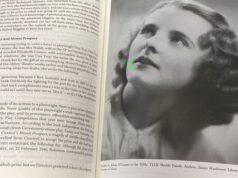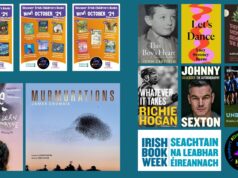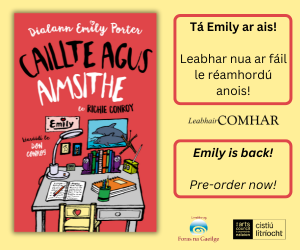An inside look into the research process behind Michael Farry’s upcoming book of poetry, Troubles
For the last 40 years I have been researching the 1912-1923 period of Irish history, from the time when I was able to interview only a few Sligo survivors of the period and had to carefully leaf through the decaying hard copies of local newspapers in the National Library to the present when the witness statements and pension claims of participants, and scans of local newspapers are availability online.
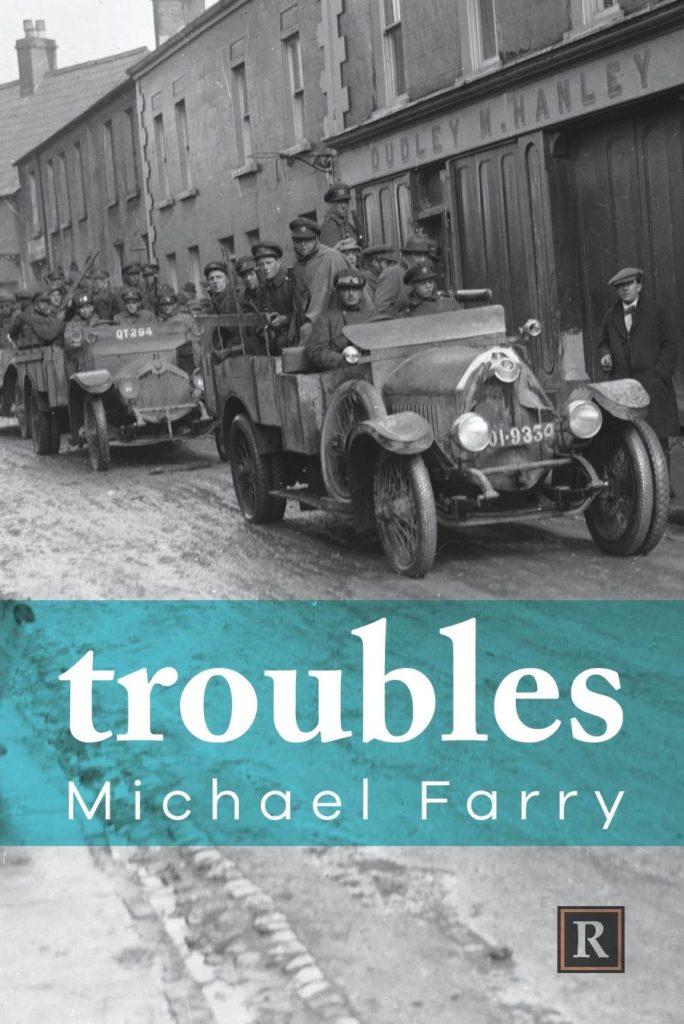
I wrote a PhD thesis in TCD under the great David Fitzpatrick on the civil war in Sligo. This was published by UCD Press in 2000 as The Aftermath of Revolution: Sligo 1921-23. More recently I was commissioned by UCD Press to write the first in their series of county histories of the period, The Irish Revolution: Sligo 1912-1923, published in 2012.
I also had two poetry collections published, Asking for Directions by Doghouse, Tralee in 2012 and The Age of Glass by Revival, Limerick in 2017. I had at times written poems based on material and events I had uncovered. A man claiming to be a deserter from the British army was tried, executed and buried in a bog in south Sligo in 1920. His body was uncovered by turf cutters in 1958 and he was reburied in the local cemetery. A visit to the still unmarked grave resulted in a poem. Other poems were in the voices of a Sligo-born RIC man killed at the Battle of Ashbourne in 1916 and a RIC sergeant from Meath killed in a 1920 Sligo ambush.
Having completed the history of the period I decided to investigate the possibility of creating a poetry collection around incidents and characters of the period and our commemoration of the period. I was determined that this poetry at all costs be engaging using all the various forms and trickery of poetry. So I used many forms, ballads, free verse, found poems, shape poems, prose poems, to bring the period and the people to life.
Reading through the online Military Service Pensions Collection I was struck by the stark descriptions of terrible deeds on official printed forms. I used claims by relatives of those killed to create the found poem “A Sample of Dead Michaels” shaping the brief causes of death of twenty two Michaels as a “found” poem. The litany of deaths is chilling:
Shot dead while defending Boyle Workhouse against the anti-Treaty
Group. National Army, killed in action on the third day after The first landing of the troops in Kerry. Died by military execution
In Tuam for the possession of a rifle and ammunition.
(Michael Dockery. Michael Purcell. Michael Monaghan.)
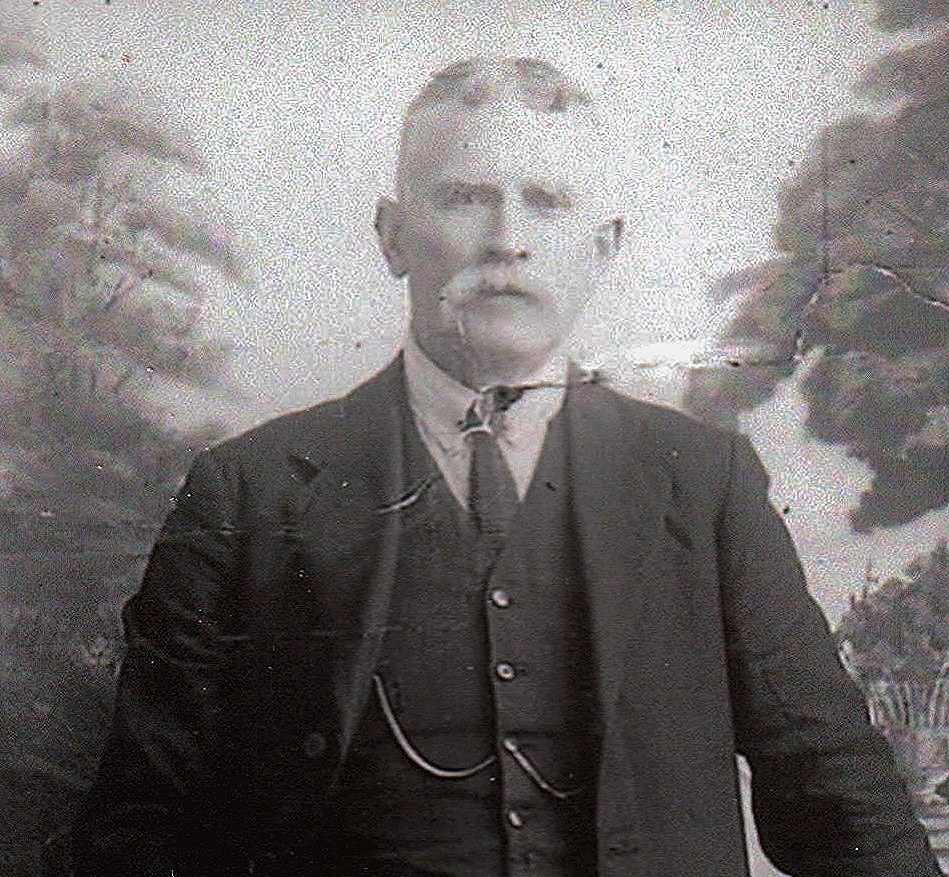
My great grandfather, Pat Gallagher, secretary of the local branch of the United Irish League, submitted regular reports to the Sligo Champion. I used these reports to create another found poem, modelled on the philosopher Ludwig Wittgenstein’s Tractatus Logico-Philosophicus. I think Pat would be proud of it!
I was intrigued by the poetry published regularly in local newspapers at the time and I was delighted to use some verses of these as introductions to each of the book’s six sections. One author especially intrigued me, Louisa Stockade, a station-master’s daughter from Manorhamilton, a Protestant who married a Catholic solicitor in a registry office in London during the civil war, and spent her life in peace in County Leitrim. I created her poem in the form of an index entry in a biography.
The “Sligo Novel” poems, recount incidents in the life of a fictitious Sligo town resident as she cares for her mother dying of tuberculosis, helps her father run the Palace Cinema, and gets involved with an “irregular” during the civil war.
I was delighted to get a “dig” at the type of ballad which simplifies history as black-and-white, and the purveyors of such, in the poem “Ballad of a Ballad Singer”, in verses like this:
What happened in the past is black and white
They were wrong and we were right
The only way to freedom is a bloody fight The ballad singer lies.
Of course the historian and the poet must be aware of the difficulty of pleasing all sides in commemorations of historic events. The final poem in the collection, using the “go for me head on” phrase from the well-known Seamus Heaney poem, has an Irish historian being attacked by all factions for his refusal to take sides.
The book cover features a National Library photograph of Provisional Government troops in Sligo on Easter Sunday 1922 for the Arthur Griffith election meeting.
I’m delighted with this collection, and thankful to my publisher, Dominic of Revival Press, for giving me the opportunity to revisit in this freer and more creative way the events and participants of those crucial years.
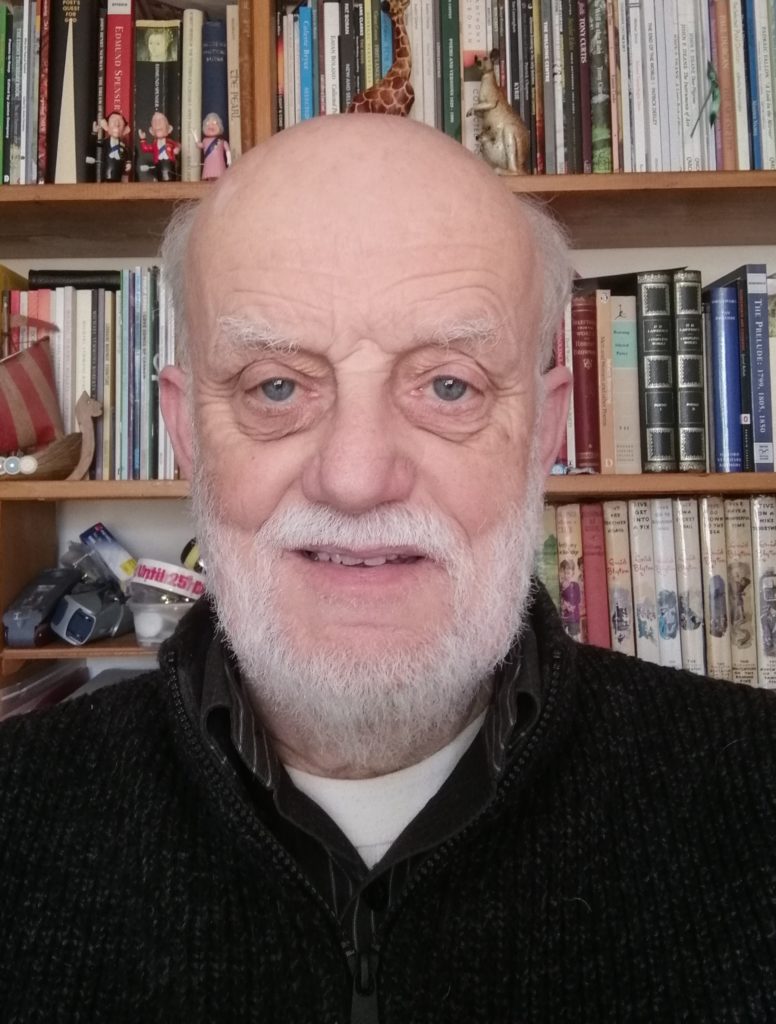
Michael Farry, a historian and poet, is a native of County Sligo. He is a retired primary teacher living in County Meath.











